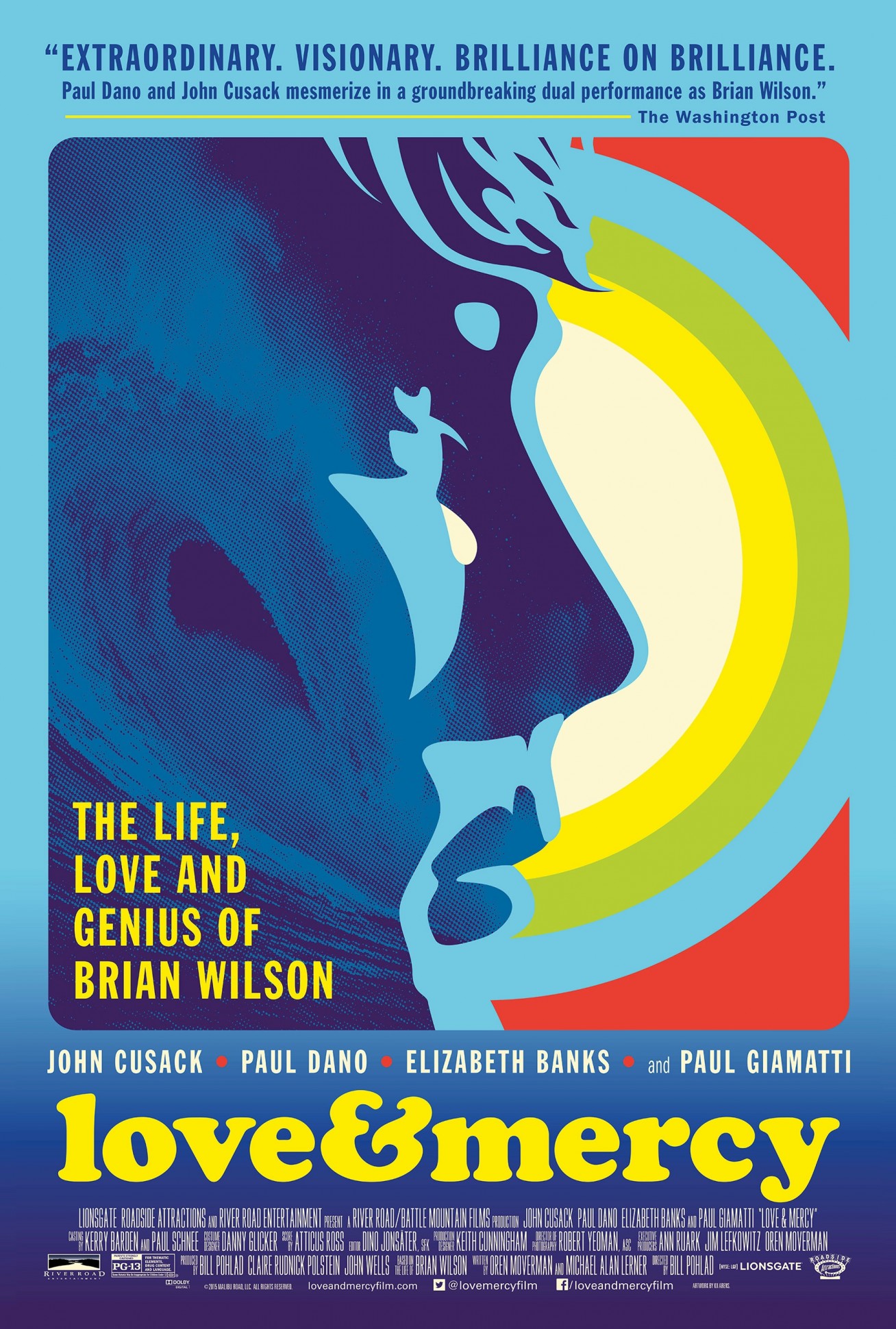 Turns out, every year, for the last several years, and right around this time, I’ve done a post on the subject of deterioration in psychotherapy. In June 2014, I was responding to yet another attention-grabbing story published in The Guardian, one of the U.K.’s largest daily newspapers. “Misjudged counselling and therapy can be harmful,” the headline boldly asserted, citing results from “a major new analysis of outcomes.” The article was long on warnings to the public, but short on details about the study. In fact, there wasn’t anything about the size, scope, or design. Emails to the researchers were never answered. As of today, no results have appeared in print.
Turns out, every year, for the last several years, and right around this time, I’ve done a post on the subject of deterioration in psychotherapy. In June 2014, I was responding to yet another attention-grabbing story published in The Guardian, one of the U.K.’s largest daily newspapers. “Misjudged counselling and therapy can be harmful,” the headline boldly asserted, citing results from “a major new analysis of outcomes.” The article was long on warnings to the public, but short on details about the study. In fact, there wasn’t anything about the size, scope, or design. Emails to the researchers were never answered. As of today, no results have appeared in print.
One year later, I was at it again—this time after seeing the biopic Love & Mercy, a film about the relationship  between psychologist Eugene Landy and his famous client, Beach Boy Brian Wilson. In a word, it was disturbing. The psychologist did “24-hour-a-day” therapy, as he termed it, living full time with the singer-songwriter, keeping Wilson isolated from family and friends, and on a steady dose of psychotropic drugs while simultaneously taking ownership of Wilson’s songs, and charging $430,000 in fees annually. Eventually, the State of California intervened, forcing the psychologist to surrender his license to practice. As egregious as the behavior of this practitioner was, the problem of deterioration in psychotherapy goes beyond the field’s “bad apples.”
between psychologist Eugene Landy and his famous client, Beach Boy Brian Wilson. In a word, it was disturbing. The psychologist did “24-hour-a-day” therapy, as he termed it, living full time with the singer-songwriter, keeping Wilson isolated from family and friends, and on a steady dose of psychotropic drugs while simultaneously taking ownership of Wilson’s songs, and charging $430,000 in fees annually. Eventually, the State of California intervened, forcing the psychologist to surrender his license to practice. As egregious as the behavior of this practitioner was, the problem of deterioration in psychotherapy goes beyond the field’s “bad apples.”
 Do some people in therapy get worse? The answer is, most assuredly, “Yes.” Research dating back several decades puts the figure at about 10% (Lambert, 2010). Said another way, at termination, roughly one out of ten people are functioning more poorly than they were at the beginning of treatment. Despite claims to the contrary (e.g., Lilenfeld, 2007), no psychotherapy approach tested in a clinical trial has ever been shown to reliably lead to or increase the chances of deterioration. NONE. Scary stories about dangerous psychological treatments are limited to a handful of fringe therapies–approaches that have been never vetted scientifically and which all practitioners, but a few, avoid.
Do some people in therapy get worse? The answer is, most assuredly, “Yes.” Research dating back several decades puts the figure at about 10% (Lambert, 2010). Said another way, at termination, roughly one out of ten people are functioning more poorly than they were at the beginning of treatment. Despite claims to the contrary (e.g., Lilenfeld, 2007), no psychotherapy approach tested in a clinical trial has ever been shown to reliably lead to or increase the chances of deterioration. NONE. Scary stories about dangerous psychological treatments are limited to a handful of fringe therapies–approaches that have been never vetted scientifically and which all practitioners, but a few, avoid.
So, what is the chief cause of deterioration in treatment? Norwegian psychologist Jørgen A. Flor just completed a study on the subject. We’ve been corresponding for a number of year as he worked on the project. Given the limited information available, I was interested.
Norwegian psychologist Jørgen A. Flor just completed a study on the subject. We’ve been corresponding for a number of year as he worked on the project. Given the limited information available, I was interested.
What he found may surprise you. Watch the video or click here to read his entire report (in Norwegian). Be sure and leave a comment!
Until next time,
Scott
Scott D. Miller, Ph.D.
Director, International Center for Clinical Excellence


Yes, it´s time to talk about deterioration as a way of learning, developing as therapist. Becoming to secure of what we are doing does not benefit de development of good results.
Thank you so much for sharing this. Very interesting. Time to talk.
Thank you so much for sharing this. Interesting.
It is difficult to find leaders within local governments that are willing to advocate for collecting and collating behavioral health outcome data. Most policies disseminated by federal and state regulatory entities focus on ‘Utilization Management,’ or upon saving money by reducing Emergency Room visits by individual with Mental Health conditions. Other policies have aimed at leveraging lower cost care. There needs to be a push to influence policy makers toward collecting and using outcome data to better understand what treatment (EBP), delivered by whom (discipline), is working, and what isn’t. It may be awhile before this approach emerges as the best way to stimulate cost-effective innovation.
I wonder if people could get worse from therapy. I think it’d be pretty weird if they did, because isn’t therapy suppose to help? I’ll have to find a doctor and ask them a few questions.
I am one of those who have been on the receiving end of poor therapeutic practices. What I was told sent me down a spiral and caused a lot of psychological trauma. Fortunately, I stopped seeing that psychologist, even though I needed a lot of support from others to convince me to, as I was so desperate for help that anyone was better than no-one. I now know that I am not the only one who experienced deterioration from therapy, and the common factor was not the therapist. Rather, many therapists here (and I presume elsewhere) were and are not trained to deal with victims of domestic violence. When I accessed the right psychologist, through word-of-mouth recommendation, things turned around. Things got so much better for me (and my children) that I am now well on my way to being a psychologist myself. Both my adverse and positive experiences in therapy drove the choice of vocation.